The Project Preparation & Implementation Programme for Timor-Leste (PPIP), co-financed by the Investment Facility (under the ACP-EU Partnership Agreement and the Overseas Association Decision) and the Investment Facility for the Pacific (IFP), aims to support the identification, preparation, and implementation of technically, financially, economically, environmentally and socially sound investment projects in three sectors, namely:
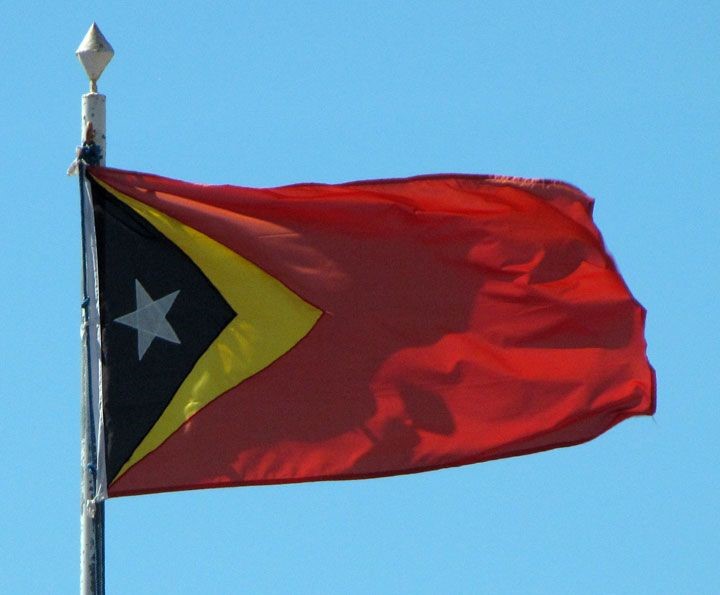
Water supply, sanitation and drainage, including extraction, production and distribution of clean water, collection and treatment of wastewater. As far as possible these projects will be developed to include a renewable energy component. In addition, storm water systems and related flood protection will be considered.
Solid waste management, including collection of recyclable materials, bio-waste and residual waste, sorting, refinement and recycling or recovery of plastics and other materials, composting or anaerobic digestion of bio-waste, sanitary landfill disposal of residual waste. In preparing these project particular attention will be given to the Clean Oceans Initiative of EIB, AFD and KfW. As for water and sanitation sector, renewable energy components will be included where feasible.
Forestry: sustainable forest management related investments such as: afforestation; reforestation; forest rehabilitation, protection, management and control, certification, biodiversity, conservation, and management of protected areas. Such investments are crucial both to enhance resilience to climate variability and change and to contribute to more broad-based and sustainable economic development of Timor-Leste.
COWI A/S has been awarded a contract by the European Investment Bank (EIB) to support the Government of Timor-Leste in the identification and preparation of the investment projects under the PPIP. It will be accompanied by knowledge transfer in support of enhanced sustainability of PPIP partners’ ability to prepare, operate, and maintain infrastructure.
Project members and team
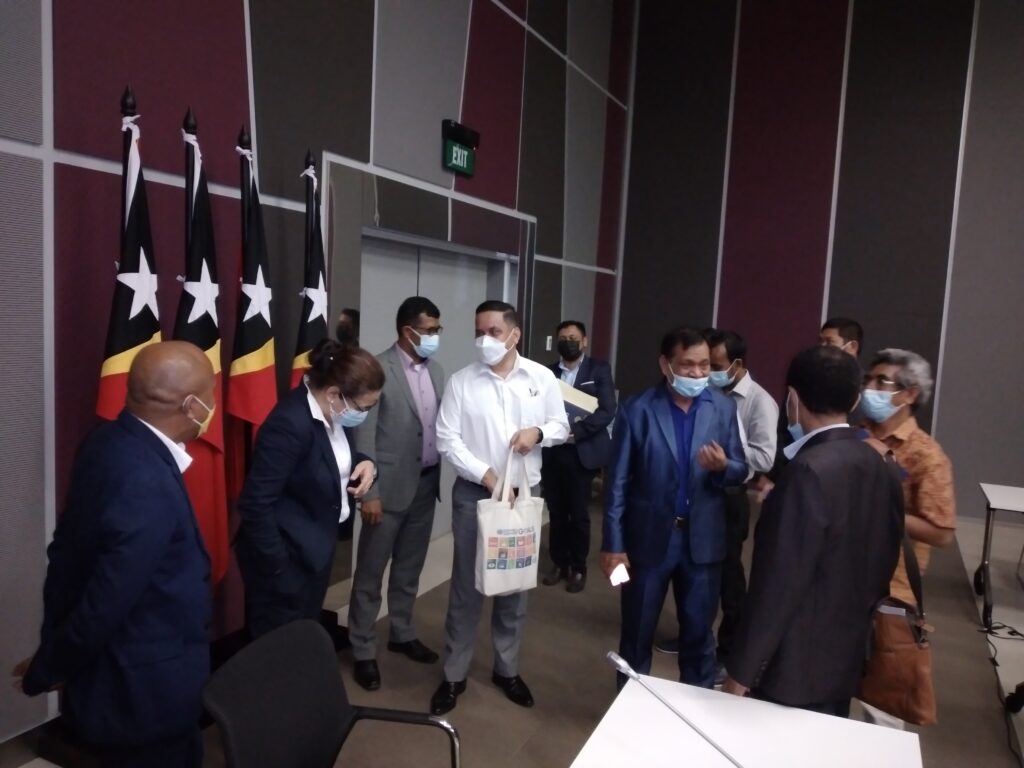
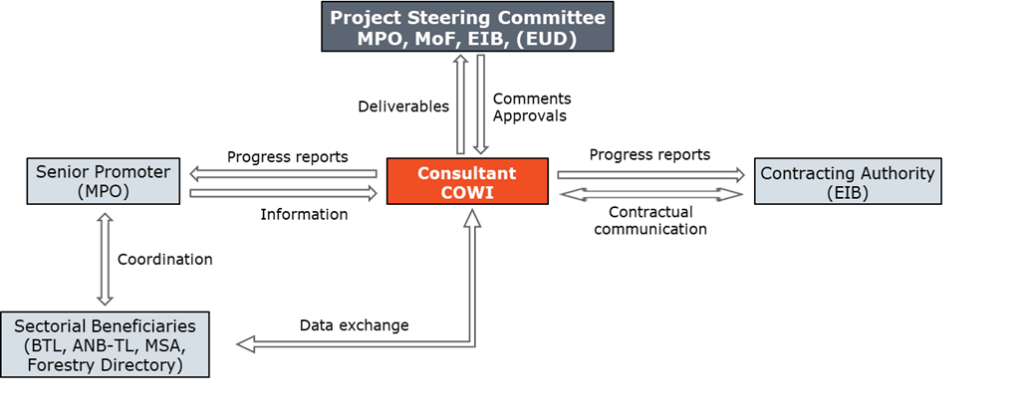
The Project Steering Committee (PSC) is responsible for the oversight and guidance of the PPIP and will ensure an effective communication with the Inter-ministerial Commission to facilitate the formal validation of projects to pass to the next phase.
The Ministry of Planning and Territory / Ministério do Plano e Ordenamento (MPO) is co-chairing the PSC and is the central Government agency overseeing the PPIP, promoter of projects, and responsible for the design, execution, coordination and evaluation of policy, defined and adopted by the Council of Ministers (CoM), for the areas of promotion of economic and social development of the country. The representatives of the MPO are, Roger Tertiliano de F. B. Belo DG. DGOT Director, Krispin Fernandes, Executive Director, and Mariano Renato M. da Cruz, Executive Director.
The Ministry of Finance (MoF) / Ministério das Finanças is co-chairing the PSC. The MoF is the Government department responsible for the design, implementation, coordination, and evaluation of the policy, defined and approved by the CoM, for the areas of annual planning and monitoring of the budget and public finances. The representatives of the MoF for the PPIP are Sr. Elson da Costa, Director and Mr. Antonio Freitas, Director General.
The Ministry of State Administration / Ministério da Administração Estatal (MAE) is member of the PSC. Through the Directorate of Local Development and Management, the Directorate of Local Administration, and the Directorate of National Support and Administration of Villages, has responsibility for the management of solid waste in urban areas, including markets and public places. The representative of the MAE is Mr. Herminio Moniz, Director.
The Ministry of Livestock, Fisheries, and Forestry/ Ministro da Agricultura, Pecuária, Pesca e Florestas (MAP) is a member of the PSC. It is a government agency with prime responsibility for forestry development. The Directorate General of Forestry, Coffee and Industrial Plants (DGFCIP) is one of four directorates general within the Ministry and is comprised of four Divisions (Natural Resource Conservation and Ecotourism, Watershed Management, Coffee and Industry Plants and, Agroforestry) and has broad responsibilities for community forestry, watershed management, forest protection, plantation forestry, protected natural areas development and other aspects of forestry development. The representatives of the MAP are Eng. Pedro Pinto and Mr. Vitor Ximenes.
The European Investment Bank (EIB), is co-chairing the PSC. The EIB is the European Union’s investment bank, owned by the EU Member States. It is one of the largest IFIs in the world. The EIB is a not for profit organisation which funds projects that achieve the policy aims of the EU through loans, guarantees and technical assistance. The representatives of the EIB are Ms Agnes Morel, Contract Manager; Mr Juan Bofill, Senior Water Engineer; and Mr Raoul Pedrazzani, Project Coordinator.
The EU Delegation to Timor-Leste (EUD), is member of the PSC. The EUD’s mandate is designed to establish a comprehensive partnership, based on three complementary pillars: development cooperation, economic and trade cooperation, and promotion of a more effective political dimension. The representatives of the EUD are Dulce Gusmao, Task Manager EU Delegation Dili and Sevrin Mellac, PPIP Program Manager.
COWI A/S -Denmark, is the project consultant. COWI A/S is part of the COWI Group, a large international group of consultants with headquarters in Denmark and permanent staff of 7,200 employees. COWI has carried out more than 85,000 projects in over 124 countries all over the world. The key experts of the project are:
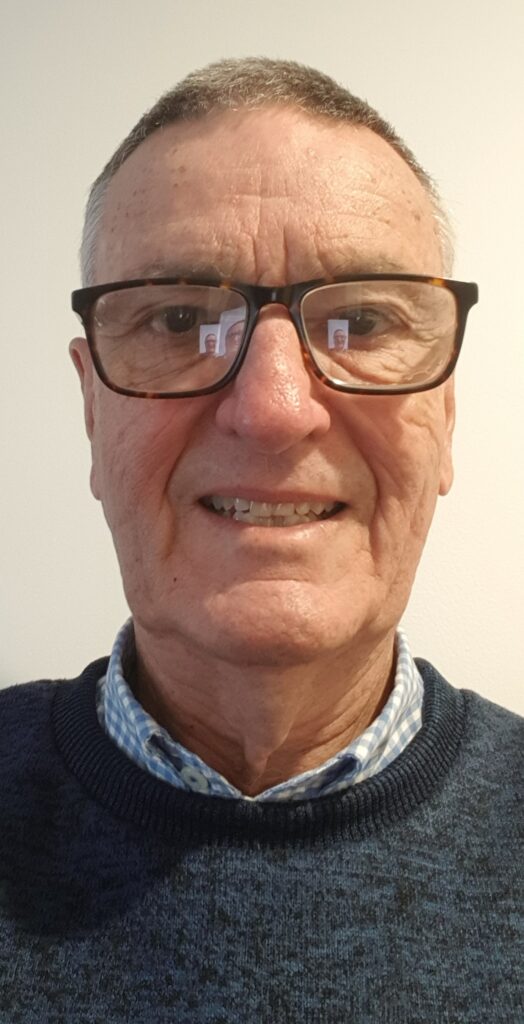
Philip Young
Team Leader. Philip young has over 15 years of experience as an agricultural economist and has established a career as an agricultural economist and Rural development specialist in Indonesia, Timor-Leste, the Kingdom of Tonga, and Myanmar. Mr. Young’s unique combination of skills and experience in agriculture technology, economics, and agri-business development have enabled him to work across multi-disciplinary consulting and rural development tasks. His Australian grains industry experience adds to this range of expertise.
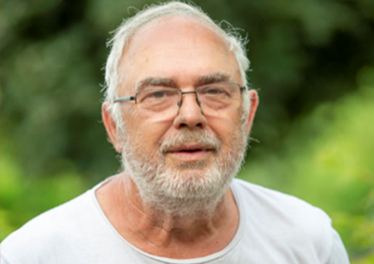
Joachim Kirchhoff
Forest sector expert. Joachim Kirchhoff has over 35 years of experience in designing, planning, and implementing rural development/forestry projects. Mr. Kirchhoff also has extensive experience working with International Financing institutions on forestry projects across Southeast Asia.

Dr. Brace Boyden
Water, Wastewater and Storm Water expert. Over 30 yearsof experience in the water/wastewater/ storm water sector, addressing investment preparation, master planning, and civil and environmental engineering
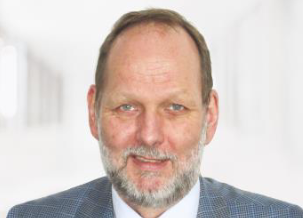
Jan Skajaa
Solid waste sector expert. Jan Skajaa has over 30 years of experience in Solid Waste, as Team Leader, Project Manager, and Solid Waste Expert in a total of 68 projects across 25 countries in South-East Asia, Pacific, South Asia, Sub-Saharan Africa, MENA, CIS, and Europe

Michael Jacobsen
A Senior Water Resources Specialist employed by COWI for over 20 years, previously Lead Water and Sanitation Specialist with the World Bank’s Global Water Practice, and highly experienced with EIB as Deputy Team Leader of the EIB WBIF IPF5 TA Contract in the Westerns Balkans (2016-20)
Doadór
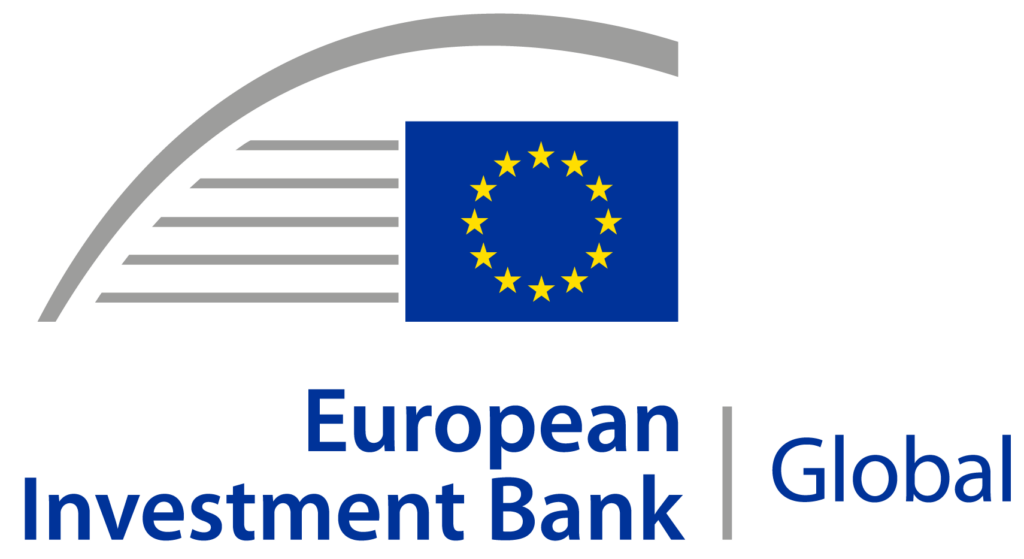
The European Investment Bank (EIB) is the lending arm of the European Union. It is the biggest multilateral financial institution in the world and one of the largest providers of climate finance.

European Union The Member States of the European Union have decided to link together their know-how, resources and destinies. Together, they have built a zone of stability, democracy and sustainable development whilst maintaining cultural diversity, tolerance and individual freedoms. The European Union is committed to sharing its achievements and its values with countries and peoples beyond its borders
Investment Facility for the Pacific The Investment Facility for the Pacific (IFP) is an innovative mechanism aiming at blending grants from the European Development Fund (EDF) with loans and other funding from Development Finance Institutions to support countries in the Pacific by enabling investment in “green” infrastructure, sustainably energy, private sector development, environmental protection, and delivery of social services.
Links to partner institutions
–
Ministério do Plano e Ordenamento (MPO)
Ministerio das Obras Públicas, Transporte e Comunicações (MOP)
Bee Timor-Leste (BTL)
Ministério da Administração Estatal (MAE)
Ministério da Agricultura e Pescas (MAP)
Ministerio das Financas (MoF)
European Delegation to Timor-Leste (EUD)
European Investment Bank (EIB)
COWI A/S
Contact us
Our mailing address:


